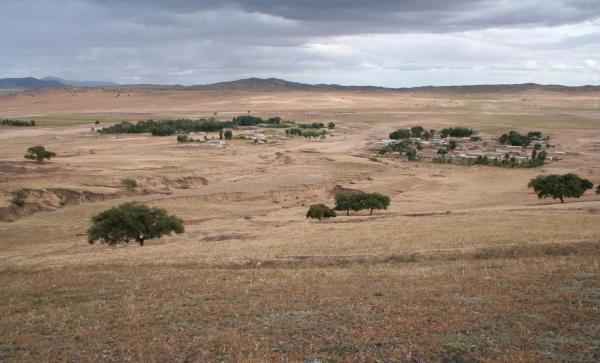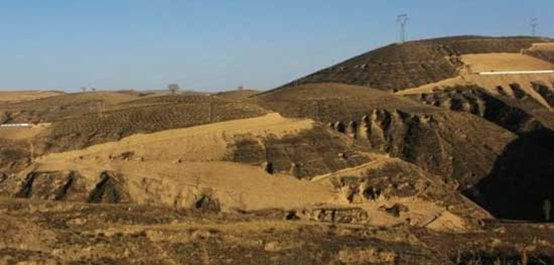
Ecological degradation is grim at the global level, and the situation is severe in China’s ecological fragile zones. Under China’s 13th five-year development plan, ecological civilisation and ecological security are prioritised as key issues for the country’s sustainable development. Supported by the Ministry of Science and Technology of China, China has recently launched 37 National Key Research and Development Programmes on “Ecological restoration and protection in the typical ecological fragile zones”. The programmes cover the following 8 major themes: techniques for ecosystem monitoring and assessment, forest and wetland ecosystem protection and rehabilitation in Northeastern China, integrated sandy land management in Northern China, technologies for the improvement and maintenance of ecosystem structure in the Loess Plateau, enhancement of ecosystem functions and adaptive management in Qinghai-Tibet Plateau, ecosystem protection and rehabilitation in middle to upper reaches of the Yangzi river, technologies for ecological security of urbanized Eastern China and ecological rehabilitation in the coast zones, and technology systems for ensuring ecological safety of the nation. These programmes are funded as the first batch of ecological restoration programmes in China’s 13th five-year development plan. The implementation period is from July 2016 to December 2020 for 4.5 years.
One of the key programmes is entitled “The methodology and indicator system for assessing ecological restoration technologies and evaluation of global ecosystem rehabilitation technologies” (grant number: 2016YFC0503700). This programme addresses national demand and needs for ecological restoration technologies for assessing and evaluating the effects of the technologies applied to the country’s ecological restoration projects initiated sine the 10th five-year development plan in 2000. The main goals of this project include clarifying the global ecological degradation status and needs assessment of ecological technologies; establishing indicator system for assessment of ecological technologies; evaluating the effects of different types of ecological technologies adopted in regions where national key ecological restoration projects are implemented, as well as different ecological degradation zones; screening appropriate ecological technologies to meet the demand of ecological civilization construction and ecological governance of China; building up ecological technology evaluation platform and integrated system; and eventually providing scientific support for China’s ecosystem protection and ecological restoration and the global ecological governance.

Led by Prof. Dr. Lin Zhen (PI) and joined (Co-PIs) by 5 well-recognized national institutions, i.e., Institute of Soil and Water Conservation of Chinese Academy of Sciences (CAS) and Ministry of Water Resources, Northwest Agriculture & Forest University, China Institute of Water Resources and Hydropower, the Monitoring Centre of Soil and Water Conservation of the Ministry of Water Resource, Lanzhou Centre for Literature and Information of CAS, this programme focuses on the 3 main degraded ecosystems as pilots including soil and water erosion in the Loess Plateau, desertification in Inner Mongolia and Karst rocky desertification in southwestern Guizhou province, and it will also include visits and surveys in other countries to explore potentials to import the best management practices to China, and export China’s best practices to other countries in needy. The programme will produce series expected outcomes, which include 3 databases containing national and global data sets, atlas of distribution of ecological degradation at national and global level, 5 indicator systems and models for assessing ecological technologies, 2 national standards on evaluation of key ecological restoration technologies, 2 long list of ecological restoration technologies and recommended best technologies, 2-4 policy briefs, 2 software and integrated application system, 15 scientific reports, more than 50 journal publications, and book publication on Assessment Report on Global Ecological Restoration Technologies.
Project management system starts its new era, in comparison with the previous years. Affiliated to the Ministry of Science and Technology, the Administrative Centre for China’s Agenda 21 (ACCA21, http://www.acca21.org.cn ) is taking the responsibility for project management and coordination, who will keep very close link with the ministries and the project teams, in order to make sure that the project implementation is in the right direction as designed, and the country’s high-needs on ecological restoration can be met at the end of the project implementation.
For any queries or comments:
Institute of Geographic Science and Natural Resources Research
Chinese Academy of Sciences
11A Datun Road, Chaoyang District